Susan Bianchi, a Ki-Hara resistance-stretching instructor in New York City and Bethlehem, Pa., works with a range of clients, from pro athletes to individuals with physical disabilities.
Thanks to all the sitting we do, the hip flexors (muscles that allow us to lift our knees and bend at the waist) tend to be chronically tight and a source of biomechanical trouble for many people. “Sitting in a chair puts these muscles in a shortened, tight position,” says Susan Bianchi, MS, a fitness expert who teaches the Ki-Hara method of resistance stretching. This causes your pelvis to tilt anteriorly, which limits glute function and can lead to knee and back pain.
Here’s the good news: You can prevent this with a combination of stretching and strengthening. The resistance-stretching exercise below lets you accomplish both in one shot.
“It’s a powerful way to get more from your body,” Bianchi says.
Do this stretch four to eight times on each side before and after your workout, or after sitting for long periods, to strengthen and lengthen the hip flexors.
Strength Phase
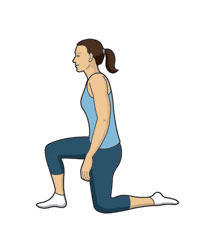
- Start with your right knee angled forward — as far as your toes but no farther.
- Tuck your tailbone to avoid arching your back.
- As you engage your left hip flexors, imagine you are driving your left knee up toward your chest, although the knee remains on the ground.
- Your left knee should be directly beneath or slightly behind your left hip.
- Engage your left hip flexors and slowly shift your right knee backward until it’s just above your ankle. Imagine squeezing a ball between your front and back leg.
Stretch Phase
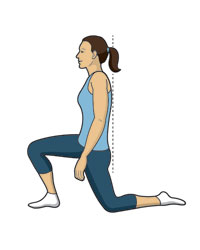
- While holding the strength phase position, move your right knee forward as far as you can while still maintaining the contraction in the left hip flexors.
- Maintain a neutral spine and avoid arching your back. Keep your hips squared and facing forward.
- Adjust the position of your left shin to emphasize various muscles: Keep your left foot and shin closer to your midline to stretch the groin. Move your foot and shin to the outside to emphasize the quadriceps and the muscles along the outside of your thigh.
- Maintain tension in your left thigh for the entire time your right knee moves, about four seconds.
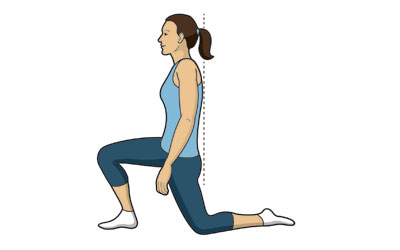
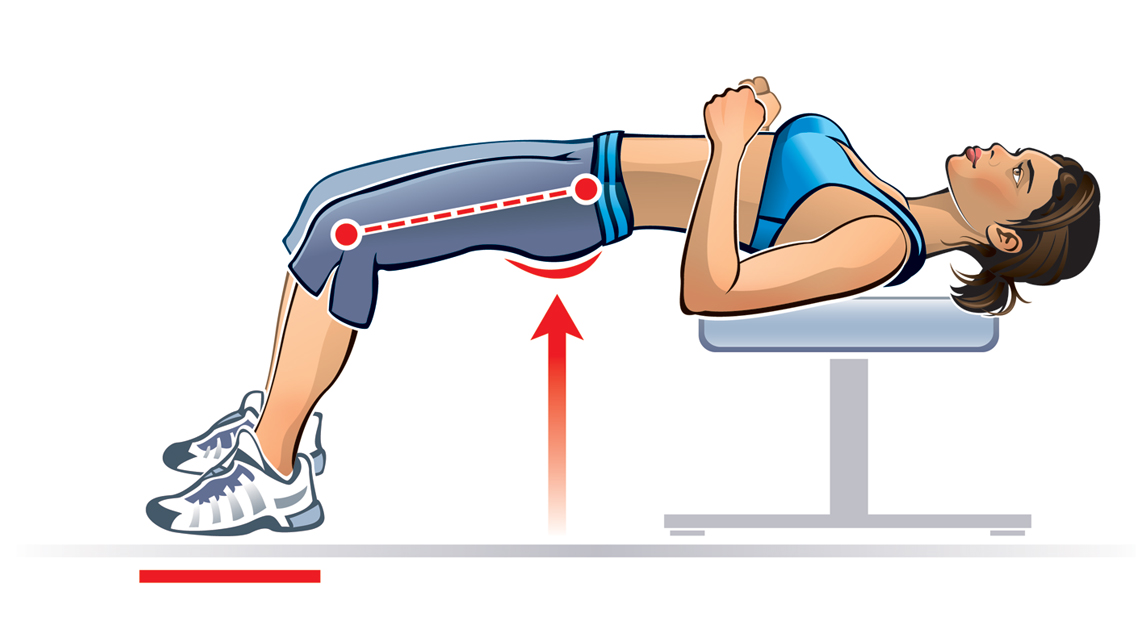
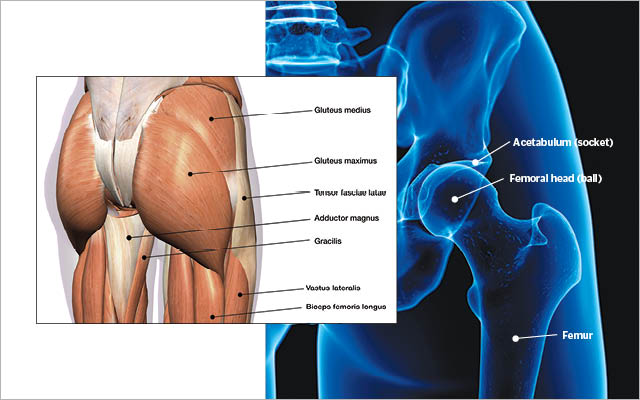
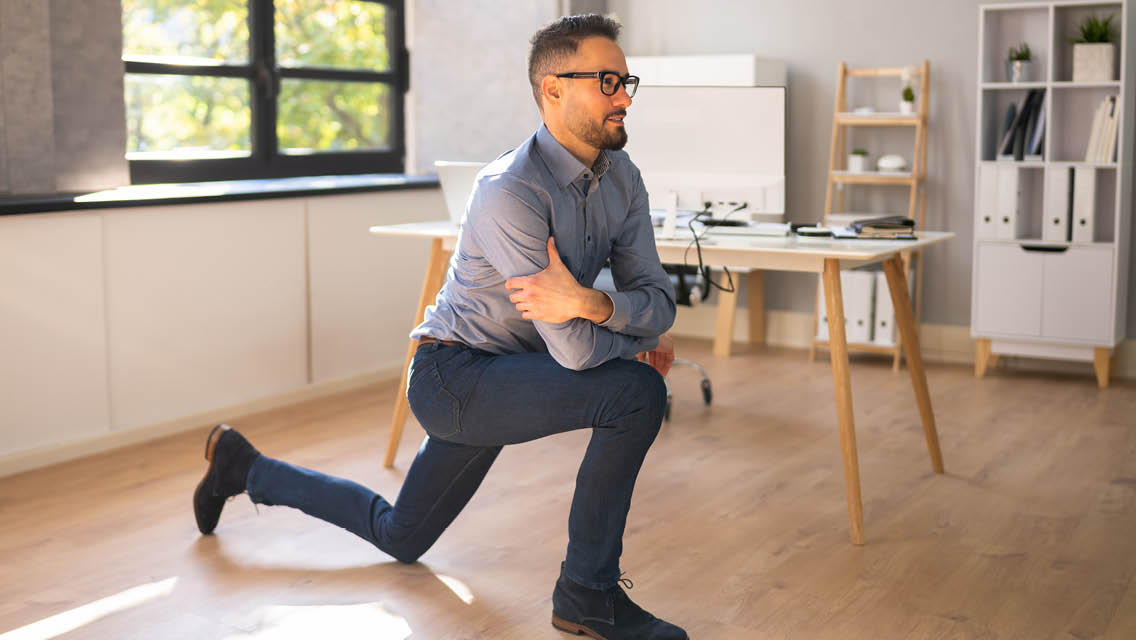
This Post Has 0 Comments